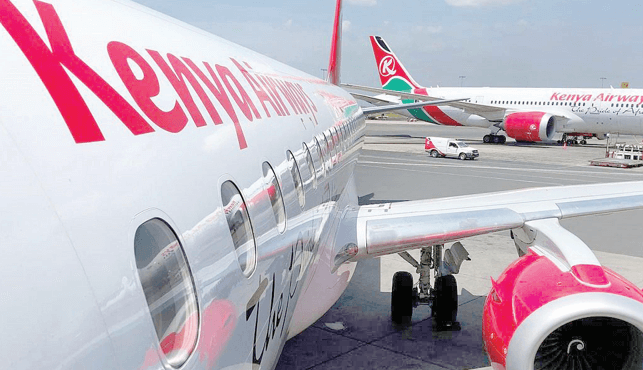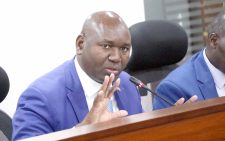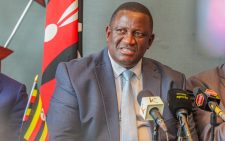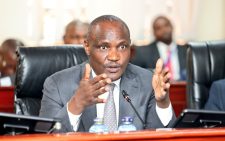State told to prioritise development funding
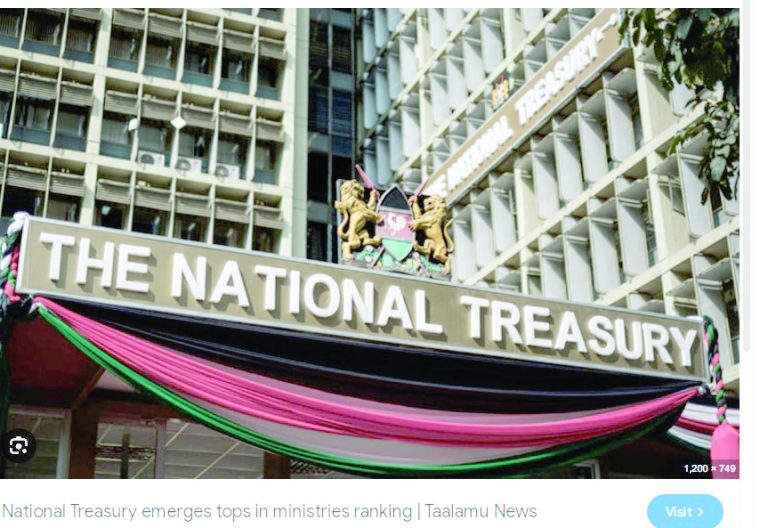
The International Monetary Fund (IMF) is pushing Kenya to ensure controlled spending and adoption of priority-based budgeting amid shrinking external financing access.
Abebe Aemro Selassie, the Director of African Department at IMF said with the shrinking access to financing and the difficulties in revenue mobilisation, the government may need to adopt budget cuts and focus on expenditure prioritisation.
The budget cuts are typically for nonessential expenditures rather than for development. “So, if a tax rate increase for a particular tax is not possible, then maybe finding ways to expand the tax base, maybe trying different tax angles or if all of those are not possible, then revisiting spending priorities may be one of the ways that countries must handle this,” Selassie advised.
This can also help in reducing the costs that come with borrowing which pull closer more financial strains not only to Kenya but also to other countries that grapple with development funding, Selassie added while speaking during a press briefing on Friday.
Kenya has not been able to significantly cut on its spending despite the mounting pressure to offset the fast-maturing debt obligations leading to a constraint in development projects priorities.
According to the National Treasury, the government spends about Sh1 trillion annually for recurrent expenditures for its officials alone almost which is almost a third of the total revenue. The call on budget cuts has been widely vouched for even by local leaders and stakeholders who argue that the country can run by half the number of government officials
Despite the numerous calls, the Salaries and Remuneration Commission (SRC) on March 20 this year approved a pay rise of Sh366,011 fixed monthly mileage allowance for legislators which will be an addition to the travel reimbursements that they have been earning monthly bringing the total additional amount that the current government will have paid by the end of this term to Sh4.4 billion.
The global lender has also called for the reliance on domestic revenue mobilisation to address the imminent issue even as Kenya tries to devise more ways without necessarily adding more taxes to the citizens which has the potential of leading to civil unrest as warned by stakeholders such as the Federation of Kenya Employers (FKE).
In line with this, there have been proposals such as the scrapping of the incentives granted to investors for investments above Sh2 billion made in the country, which had been introduced last year, the taxation of the gig economy and the expansion of the tax base through ways such as simplified tax remittances procedures among others.
Government securities
At the same time, the government is currently heavily vested on domestic borrowing through government securities to fund its expenditure shortfalls.
“I think it’s important for countries to be a bit more measured in how they are seeking to tackle their development needs. So, maybe it means a bit more relying on domestic revenue mobilisation, expenditure prioritisation when conditions are particularly difcult as they are now, Selassie added.
He also justified the recent move by the government on roads tolling as one of the possible ways of raising more domestic revenue.
“We have also seen that despite a lot of investment, for example, in electricity generation capacity and electricity coverage in our countries, many roads are being built. The returns of all this investment have not been captured in the tax revenue, which is one of the pressure points where debt levels have gone up and the interest-to-revenue ratio.”
He, however, noted that this process requires not only political engagement, but also a lot of communication, and effort to show that the resources the government is trying to generate are going to be going to the right areas to help strengthen the social contract.
“So, it’s a deep and engaged process, and we are very, very cognizant of that. But I do think that this is the most optimal way, the most economically sensible way in which our countries can help address the tremendous development needs that we have,” he said.
Meanwhile, Other ways that he has proposed is the improvement of the investment climate and a well facilitated regional trade integration to achieve private sector-led growth.
This factor has, however, proven to be a significant challenge, presenting mixed reactions among investors in Kenya. Businesses that have exited the Kenyan market have cited the high tax regime, high operating costs and the dynamics in consumption of products as the leading factors towards their decisions.
Those that who enter the country on the other hand, even though being alive to the challenge say that they see opportunities in the country which they can leverage on.
